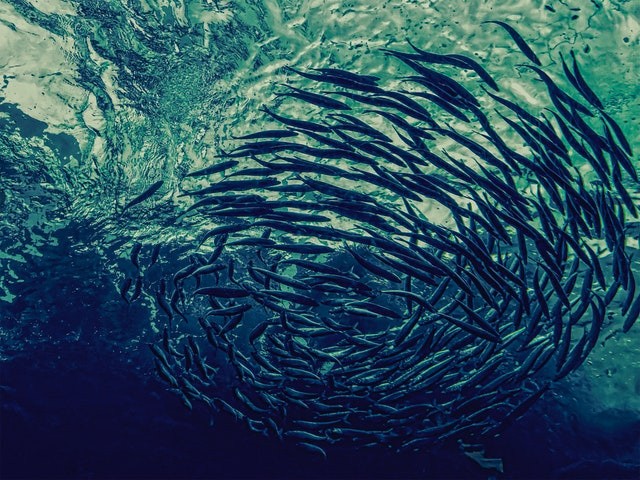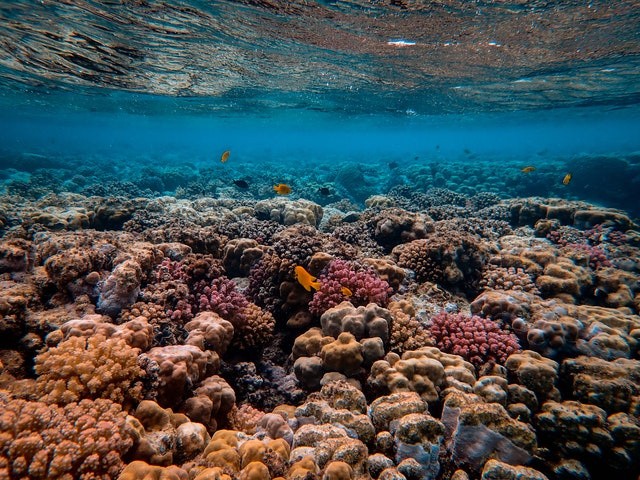Fish play the role of underwater gardeners, they fertilize the coral reefs, kelp forests, and seagrasses in their habitat. Their pee is their chosen fertilizer.
But, fish communities are experiencing a lot of changes. Warming oceans imply that tropical fish can swim into regions they couldn't get to when the waters were cooler. Then there is fishing and habitat destruction caused by humans.

Fish Waste
A Ph.D. student in Justin Campbell's laboratory in the FIU Institute of Environment whose name is Will Wied desires to get to the root of ways these different factors are changing the vital nutrient balance. And he's looking into the main source of these nutrients which is fish waste.
Wied said: "I'm not just looking at how the fish may be eating a lot more, but also how their excretion is then recycled. Are they no longer hanging out in the seagrass beds, so now the seagrasses don't have a source of nutrients? It's about picking at different pieces of that overall question of how community structure dictates the quality and quantity of nutrients."
Waste excreted through the gills of fish, adding to the most apparent source, has so many important and life-sustaining nutrients like phosphorous and nitrogen.
These ecosystems suffer if the population of fishes decreases and the constant supply of urine reduces also.
Wied's Research
The extensive majority of Wied's research occurs in South Florida. A typical day of fieldwork currently means he can be found in Biscayne Bay capturing fishes and keeping them in containers that have filtered water.
Then the situation becomes waiting to see if they pee. And they do most of the time. As Wied highlighted, if a person captures you from your abode, it would definitely scare the urine straight out of your body.
Wied leaves the fish in his possession for a maximum of 12 hours, always checking their health before freeing them. After this, he studies the water to estimate the rate of excretion to show the possibility of how much and what kind of nutrients the fish could be adding to a certain region.

Studying Overfished Region
Wied said: "Just like you'd put fertilizer on a garden, the same process is happening with fish pee. But now we need to think about where that fertilizer is going. Is there one area the fish really like, so they are hanging out there more. I want to map this at the larger ecosystem scale and see how fish movements are connecting the system and how certain fish alter what nutrients are available."
Wied found his way to carry out a study regarding fish excretion through his research at the Smithsonian Tropical Research Institute in Panama, where he studied a highly overfished region where bigger catches were infrequent, but there was a large quantity of small fish like bay anchovies and silver sides.
Wied desired to see how much of an impact the small fish had on nutrient levels. This became the stepping-stone for his recent work.
For more news, updates about fishes and similar topics don't forget to follow Nature World News!
© 2025 NatureWorldNews.com All rights reserved. Do not reproduce without permission.





